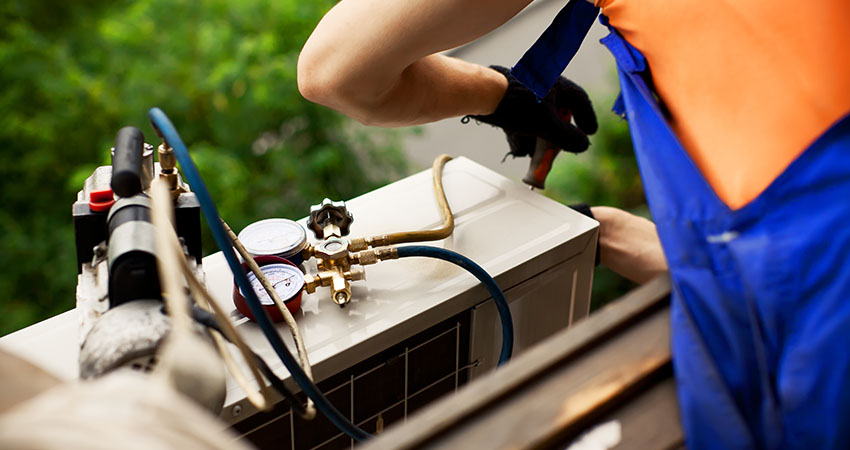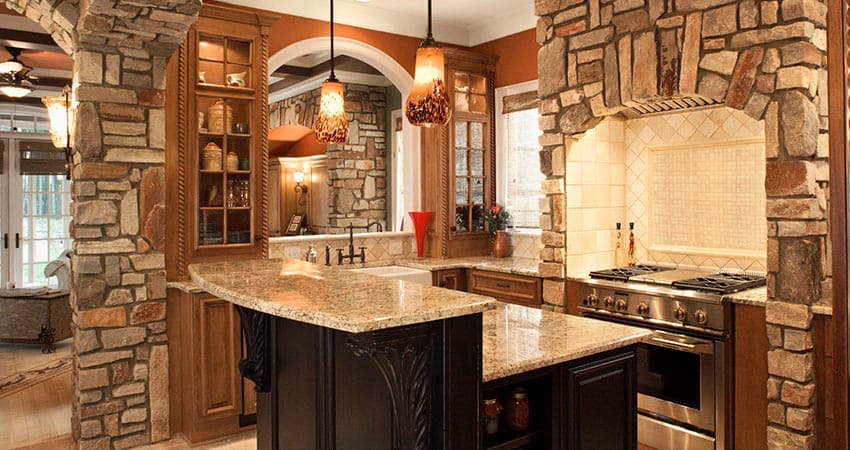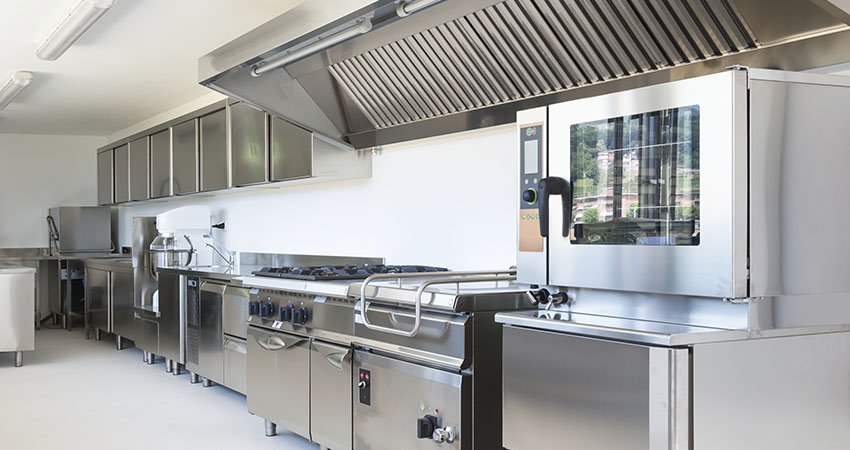In modern homes and buildings, ensuring a comfortable environment irrespective of the seasons is crucial. This is where Heating, Ventilation, and Air Conditioning (HVAC) systems come into play. HVAC systems are integrated solutions designed to regulate the indoor environment. As the name suggests, they take care of heating, ventilation, and air conditioning, ensuring that a house or building remains warm during winter, cool during summer, and that fresh air circulates throughout the year. Hence, if something goes wrong, you will need the help of HVAC companies to get your units fixed.
Understanding HVAC Systems
Components and Functionality of HVAC
An HVAC system typically comprises multiple components, each serving a distinct function. The heating element is usually facilitated by furnaces or boilers that produce warm air or heated water, respectively. This warmth is then circulated through the house or building. On the other hand, the air conditioning unit cools down the warm air during hotter seasons, ensuring a comfortable indoor temperature.
Ventilation, the “V” in HVAC, is just as crucial. This system replaces or exchanges indoor air with fresh outdoor air, removes moisture, odors, smoke, heat, dust, airborne bacteria, and regulates temperature. It’s an essential component ensuring that indoor air quality remains at an optimal level.
The Importance of Regular Maintenance
Just like any intricate machinery, HVAC systems require regular maintenance from furnace repair services Falls Church to function efficiently. Over time, various components of the system can wear down, accumulate dust and dirt, or just stop working. For instance, filters can get clogged, reducing the airflow and forcing the system to work harder, which can, in turn, increase energy consumption. Moreover, without proper ventilation, moisture levels can rise, potentially leading to mold growth or other structural damages in a property.
Why Repairs are Essential
While regular maintenance can mitigate many potential problems, wear and tear or unexpected system failures can still occur, necessitating repairs.
- Safety Concerns: A malfunctioning HVAC system isn’t just about discomfort. It can pose serious safety risks. For example, a broken furnace might leak carbon monoxide, an odorless but deadly gas. Regular inspections and timely repairs ensure that such hazards are kept at bay.
- Efficiency and Cost Savings: A well-maintained HVAC system runs more efficiently, consuming less energy, and thereby reducing utility bills. Conversely, a system that needs repair might consume more power to deliver the same level of service, leading to higher energy costs.
- Longevity of the System: Addressing small issues promptly can prevent them from becoming major, costlier problems for home heating systems in the future. Moreover, regular repairs and maintenance can extend the lifespan of the HVAC system, offering better value for money in the long run.
- Indoor Air Quality: An improperly functioning HVAC system can compromise indoor air quality, leading to potential health issues for the inhabitants. Repairs ensure that ventilation is optimized, filters are clean, and the air remains fresh and safe.
Decoding the Common HVAC Issues
Understanding the intricacies of HVAC systems can be daunting. One of the key aspects to grasp is the range of common issues that these systems might encounter. Often, it’s not the massive breakdowns but the minor hiccups that, when unnoticed or unchecked, can evolve into major problems.
For instance, thermostat malfunctions are a recurrent challenge. An HVAC system might seem out of order, but occasionally, the root of the problem is the thermostat. When it’s not calibrated correctly or if its internal mechanisms are disrupted, it could lead to temperature discrepancies or non-responsive behavior.
Strange noises are another telltale sign of potential issues. An efficient HVAC system is generally known for its silent operation. If a homeowner or maintenance worker starts hearing unusual sounds emanating from the system, such as a grinding hum or a high-pitched squeal, it might indicate parts that are worn out or components that are misaligned.
The Evolution of HVAC Technologies
With the advancement of technology, HVAC systems have not remained stagnant. Over the past decade, we’ve seen numerous innovations that have transformed how these systems function, how they’re installed, and even how they’re repaired.
Modern HVAC systems, for example, often come equipped with smart thermostats. These devices can learn the habits and preferences of the inhabitants, adjusting the temperature automatically for optimal comfort and energy savings. Moreover, with the integration of IoT (Internet of Things), homeowners can now control their HVAC remotely, diagnosing minor issues before they become major problems.
Another remarkable development has been in the realm of energy efficiency. With increasing awareness about environmental concerns, HVAC manufacturers have made significant strides in producing systems that offer optimal performance while consuming minimal energy. This not only reduces the carbon footprint but also translates into substantial savings on energy bills for consumers.
HVAC Repairs: DIY vs. Professional Intervention
When it comes to HVAC repairs, one of the recurring debates revolves around the extent to which homeowners can address issues on their own versus when it’s prudent to call in the professionals.
Small tasks, like changing or cleaning filters, checking thermostat batteries, or even ensuring that vents are unblocked, can often be managed by homeowners. However, the complexity of HVAC systems means that for most malfunctions, a professional’s expertise is invaluable. Not only do professionals bring the necessary skill set to diagnose and address a wide range of issues, but they also come equipped with the necessary tools to perform the repairs efficiently and safely.
Health Benefits of a Well-maintained HVAC
A properly functioning HVAC system offers more than just comfort; it plays a pivotal role in ensuring the health of the occupants. A well-maintained system can prevent the accumulation and circulation of dust, allergens, and pathogens.
Poor ventilation, which might arise from a malfunctioning HVAC, can lead to the buildup of indoor pollutants. These can aggravate respiratory conditions, trigger allergies, or lead to ailments like headaches, fatigue, and more. Additionally, regions with high humidity levels can experience mold growth if their HVAC system isn’t effectively regulating moisture. Mold not only damages the property but can also be detrimental to health, causing respiratory issues and allergic reactions.
Conclusion
HVAC systems are more than just luxury additions to modern homes and buildings. They are essential for comfort, safety, and health. While these systems are designed for durability and efficiency, they aren’t invincible. Regular maintenance and timely repairs are vital not only to ensure that they serve their primary function but also to guarantee safety, ensure cost savings, and extend their lifespan. Investing in timely repairs is not merely about fixing a machine; it’s about ensuring a comfortable, safe, and healthy living environment. So, make sure that you are getting heat pump repair McLean timely, in order to prevent any long term damage.



